The prison system punishes more than just the prisoners
According to a survey conducted by The Southerner, 52% of surveyed students personally know someone who has been incarcerated, and 41% of those students said that these people were close to them.
December 19, 2017
Have you ever thought about the two million people behind bars in the US prison system? Most people haven’t. However, the likelihood that you have thought about how prisoners’ loved ones are affected by the prison system is even less. The US has the world’s highest incarceration rate in the world, and most incarcerated people have loved ones that they leave behind when they go to prison. “If I didn’t [know someone in the prison system] I probably wouldn’t have thought about it,” said sophomore Diamond Ayala, whose close friend has been in and out of jail.
When a person is incarcerated they are taken from their families and friends. Youth have lost precious time with their mothers, fathers, siblings, and other loved ones due to the prison system. Kacena Rivers, a sophomore at South, currently has a cousin in jail. The disconnection from her cousin has led to a deep feeling of loss. “He was just somebody I always grew up with. You know, somebody I’ve always been with… and it’s not like that no more,” said Rivers. “You know when you’re having fun and something’s missing? It’s always that feeling.”
Rivers isn’t the only student at South who has experienced struggles due to the prison system. According to the US National Library of Medicine National Institutes of Health, “Approximately 1.7 million children have parents who are incarcerated in prison in the United States.” If this statistic included other family members and close friends, it would be higher. According to a survey conducted by The Southerner, 52% of surveyed students personally know someone who has been incarcerated, and 41% of those students said that these people were close to them.
In particular, the separation of children from incarcerated parents is huge issue. “We got distant,” said sophomore “Glenn Marchal,” who chose to be anonymous for this article, and has had several relatives in the prison system. “I don’t even talk to my mom right now, I don’t talk to my dad either.”
Youth may feel distant from their incarcerated loved ones even after they have finished serving their time. “Mason Gibson,” who also choose to be anonymous for the purpose of this article, has struggled with trust and communicating with others because of his father’s history of incarceration. “I just kind of stopped talking to people. It didn’t feel like I could talk to anyone,” said Gibson. “I was told by my own mother not to tell anyone [about my dad].” He further explained that this was because his mother wanted to be able to independently take care of her family despite her husband being in jail.
The divide that the prison system creates between incarcerated people and loved ones greatly impacts the perspective that some youth have on the world. Rivers’s point of view has changed due to the system: “Before I really didn’t care about what was going on out in the world… After that happened, I kind of got more curious about it.” Rivers has now become more involved in activism partially due to her current situation. Ayala has become more empathetic and aware of those around her: “You don’t [normally] worry about anyone else, but now that … something bad happens to somebody close, you start looking at other people.”
There are multiple factors that contribute to those who are affected by the incarceration system: economic status, racial/ethnic background, and drug involvement. Oftentimes, low income people of color who have a history of drug use are more likely to get caught in the cycle of incarceration and are more likely to continue struggling once released from prison, especially if they already had or have incarcerated loved ones.
Both Marchal and Gibson’s families face financial issues that contributed to their parents’ placement in the prison system. “I’m like broke. Never have any money. So it’s like I need stuff. When I was little I used to steal from the store… that’s how I usually got to eat.” said Marchal. According to Prison Policy Initiative, “In 2014, incarcerated people had a median annual income of $19,185 prior to their incarceration, which is 41% less than non-incarcerated people of similar ages.”
The population of people considered low income mainly consists of people of color. The Population Reference Bureau (2013) found that while racial/ethnic minorities make up 40% of all working families in the US, they constitute 58% of all employed low income families.
These poverty rates contribute to the disproportionate representation of racial/ethnic minorities in the prison system as well. According to a survey calculated from U.S. Census (2010), “Whites are underrepresented in the incarcerated population while Black, Latinos and American Indians are overrepresented.” The Minnesota Department of Corrections (2017) found that White people make up 83% of Minnesota’s population, but only make up 53% of the Minnesota’s incarcerated population. Black, Latino, and Native American people make up 11% of Minnesota’s population, and 50% of Minnesota’s incarcerated population.
“It’s like any little thing you do, especially for colored people, you can get arrested for it,” said Ayala. Even if she did not know someone involved in the prison system, “I would [think about incarceration as an]… issue for black people, but I don’t think I’d see it as an issue for everybody.” Black people specifically, according to Minnesota Department of Corrections (2017), make up 5% of the total Minnesota population, yet they make up 34% of the prison population.
Violent crime and property crime such as murder, rape, robbery, burglary, and theft is at a lower rate than it has been in the US in past decades, according to the FBI’s crime in the United States 2011. However, according to the Federal Bureau of Prisons the prison population has dramatically increased especially for drug offences.
Drug offences are currently the number one reason why people are sent to prison. Marchal is only fifteen years old and he drinks and smokes to deal with his depression and anxiety. He already expects that he will go to prison at some point in his life. “I feel like it’ll just happen. I wouldn’t even know. But I wouldn’t care. Because, I don’t know, ain’t nobody would miss me [in] the community that much,” he said.
Marchal is a Native American student who feels that he has grown accustomed to people going to prison, because it is so common in his community. He said he could “stop drinking. Stop smoking. Stop stealing,” to prevent him from going to prison. “I’ve tried [to stop],” he said. “But I don’t care as much.”
The prison system does not only affect the prisoners, it affects their loved ones too. The loved ones of prisoners may suffer financially, emotionally, and even become caught up in the system themselves. “The system is messed up,” said Ayala.

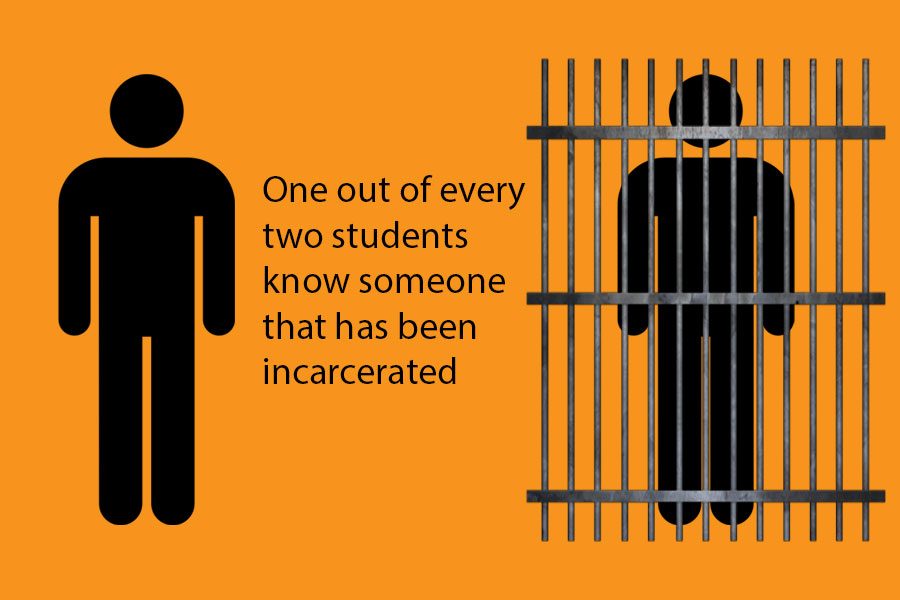
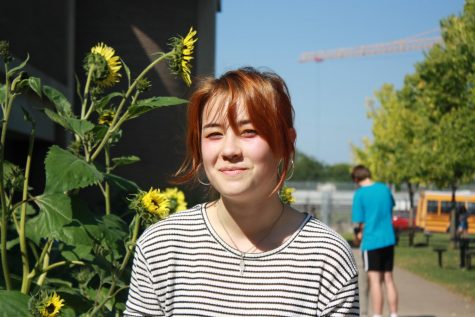
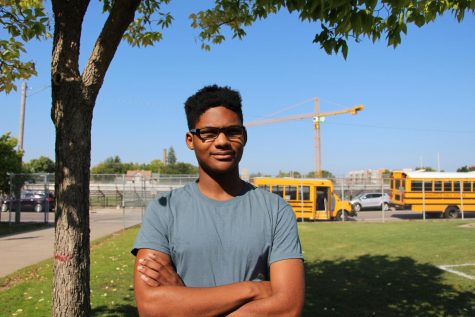

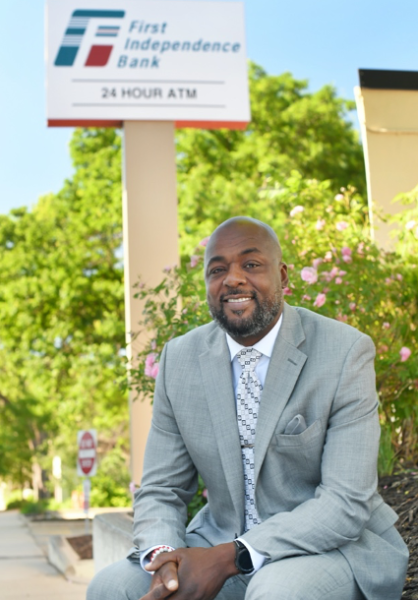
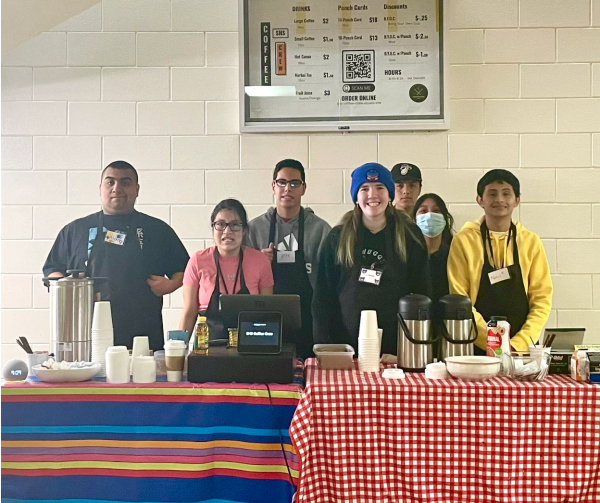
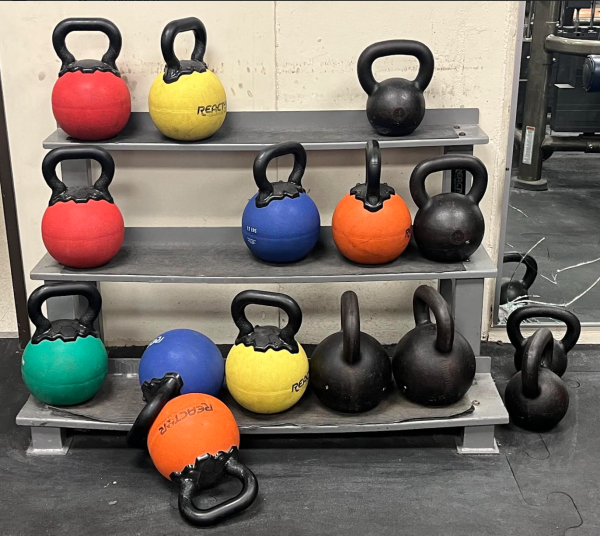
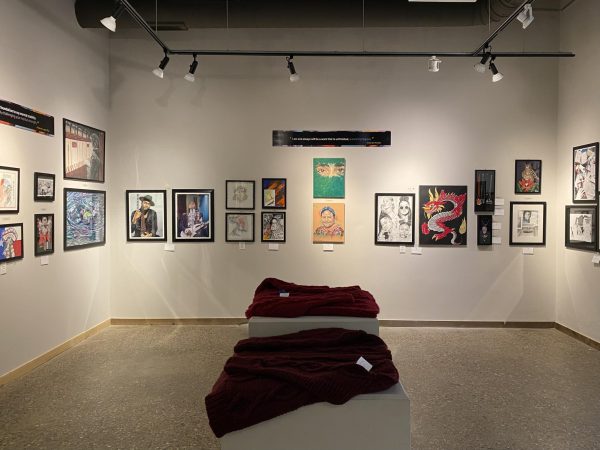
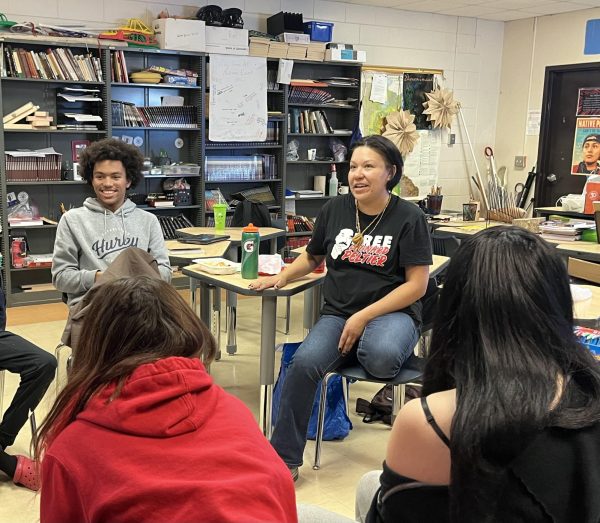
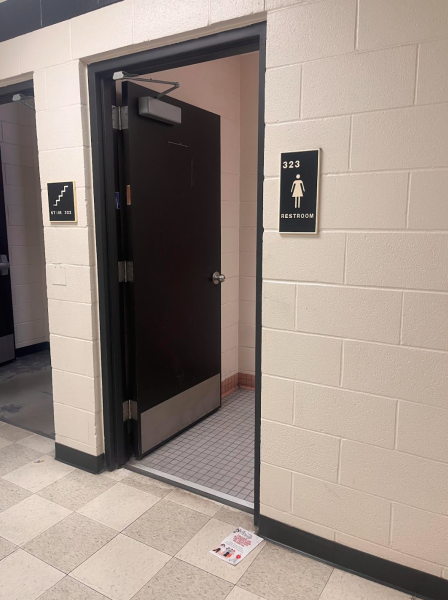

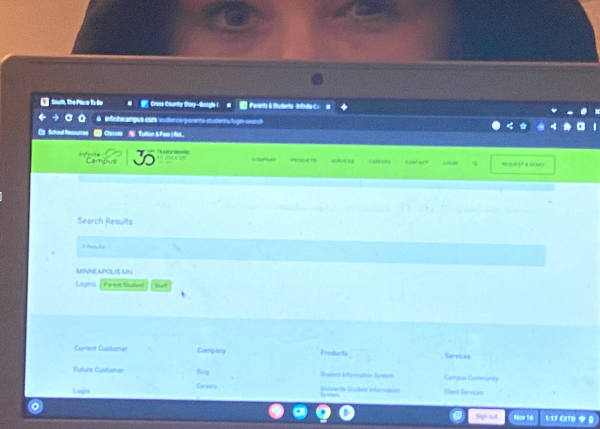
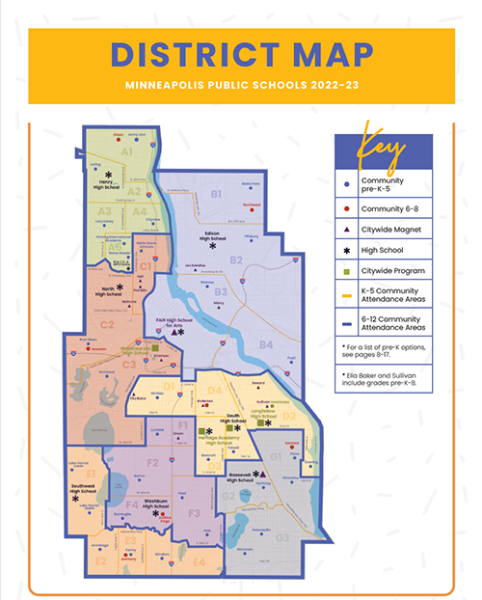
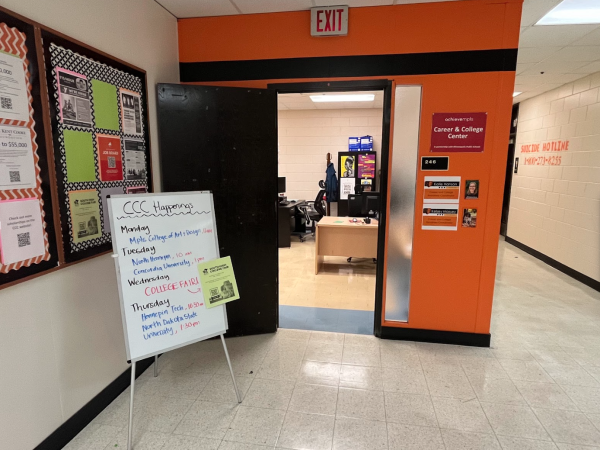
J • Dec 20, 2017 at 9:43 pm
If you have not watched the documentary 13thi highly reccomend it. The prison system is legalized slavery. Research how many corporations use prison labor to get items made for the cheapest price possible. Many common companies Wendy’s, Victoria secret, burger king, etc. There are many corporate interests in keeping the prison population booming.